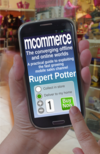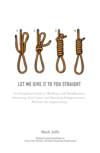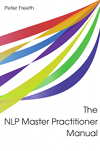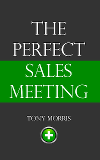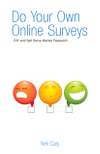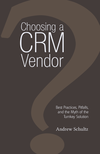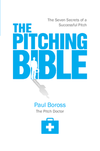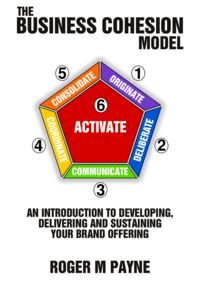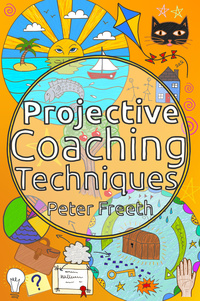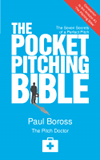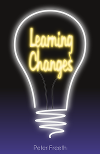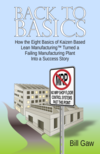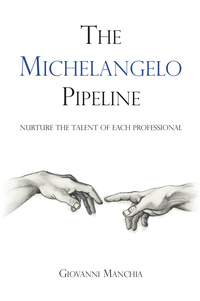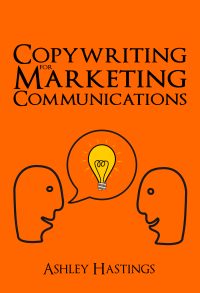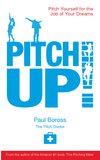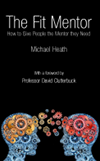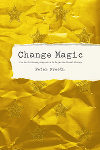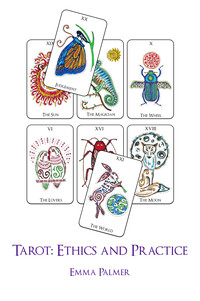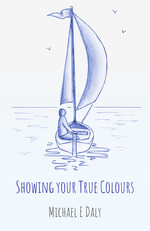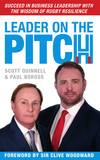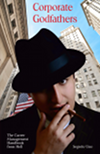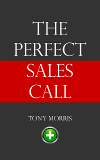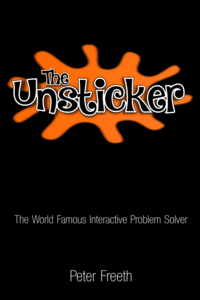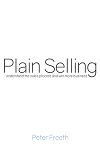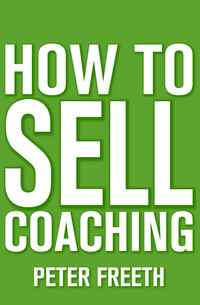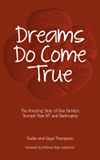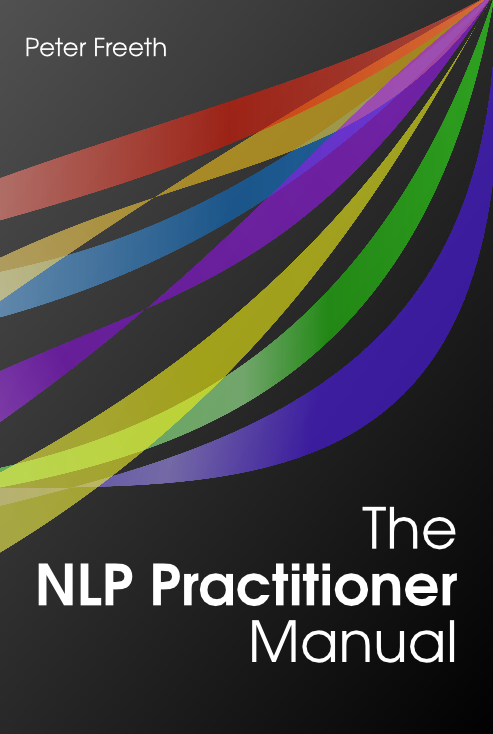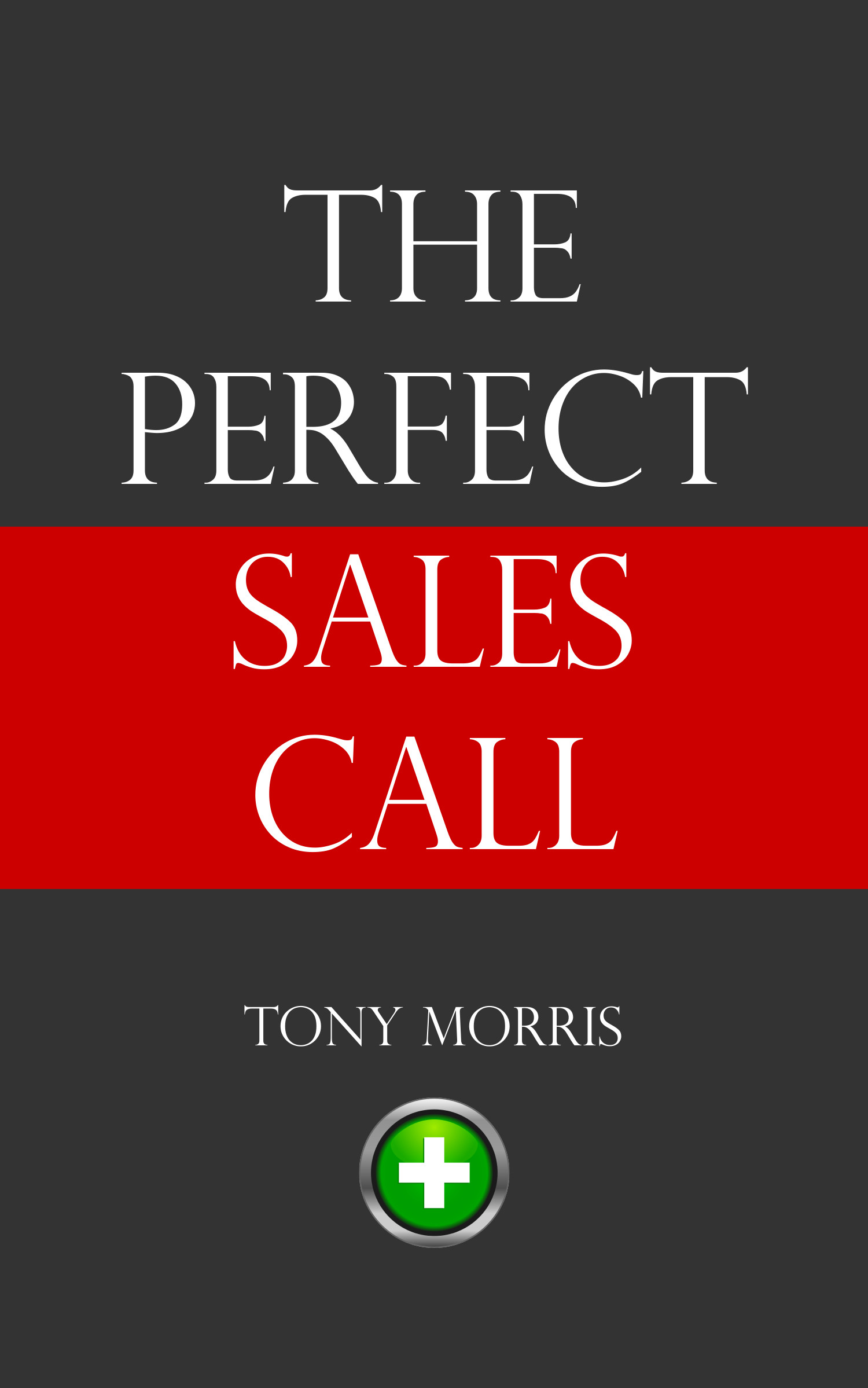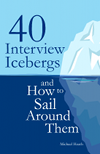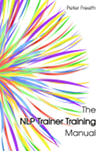We're focusing on marketing our existing books at the moment, so taking on new authors is not a priority. Therefore, it's unlikely that we will consider a new submission.
What we will consider is manuscripts from expert business authors with an established reputation and social media profile.
Therefore, if you don't have a busy LinkedIn profile, we're going to struggle to market your book, because business books sell almost entirely on the reputation and visibility of the author.
If you do want to make a submission, use the contact details on the Contact page.
We do find that many submissions are missing some key information. It would be wise for any author to approach multiple publishers and choose the one that you are most comfortable working with, so if you follow these guidelines, you'll increase your chances of finding the publisher that is right for you.
Outline and Manuscript
You should at least send an outline of your book, which will comprise at least the following:
- The overall aim or purpose of your book
- The reason why you have written your book
- A description of the subject of the book
- A list of chapters with a short description of what is covered in each chapter
- A sample, perhaps the first chapter or the first 1500 words or so
Sales projections and marketing activities
You might be surprised to hear that about a third of submissions overall promise that the title is a guaranteed best seller and will make us rich beyond our wildest dreams.
Here's a typical example: "Therefore, this mail is a request for an International publisher that can sale, market, distribute and do all the required book essentials to hit it's target of several million sales per annum."
We're running low on salt, so we are not interested in claims like this. What we want is to be able to work with the reality of your market situation.
For example, if you're an entrepreneur and you're well known on the public speaking circuit, we'll work with that. If you're a self employed consultant and you're just starting out with your own brand, we'll work with that.
Here's another example of what we often hear, all taken from a single email, believe it or not:
- There is a global business audience of over 300 million [something] users who [something] every day and need this book
- This book and approach has received rave reviews from any business that works with it
- The [something] approach is an original and unique take on [something] skills based on my experience as a TV [something]
- This is not just a book, this is the beginning of an Empire. Next steps include, an online Academy, a franchise business and a TV show
- There is a unique PR angle with this book
- I have the capability and experience to appear on any media outlet
- I have a number of talks prepared for a speaking tour and events
- There is no other [something] book out there like this. There are books by academics and books by [something] designers. I have [something] to over 2 million people for 10 years. I have lived this
- This is not a standalone book but the first of a series of books
Oh dear.
Nothing guarantees book sales. No TV appearance, no 'household name' clients and no photo of you shaking hands with the President.
Our focus is on getting the highest quality book into production and then supporting you in the branding, marketing and PR activities that enable you to build on the credibility of your book.
Therefore, we don't want to hear hype, promises and hopes. We want to hear the following facts:
- Where does your book fit into your overall business strategy?
- How long have you been established in the field that is relevant to your book?
- If you have already published a book or ebook, how many have you sold, to who and at what overall profit?
- What are your current business activities that lend themselves to marketing a book, e.g. public speaking
And remember, we want you to be specific. If you speak at conferences, we don't want to hear that you "regularly speak at the most respected conferences to blue chip audiences". We want to know what, where, when, who, and why they invited you.
Finally, be realistic. Business and non-fiction books occupy a relatively small niche of the book market. Some authors think that their self-help title appeals to anyone, but that does not mean that it will appeal to everyone. Our expertise is in helping you to build a business and maximise your income, and the majority of income for a successful business author does not come from book sales alone.
You will not sell millions of books, or even tens of thousands. Even thousands is very unlikely. However, every book you sell increases your market exposure and your credibility, and that is what you leverage to build a sustainable service business.
Fiction books such as novels and collections of poetry work differently. They occupy the full market in terms of potential readership, but their sales potential is entirely subjective. It's easy to identify company directors, sales people or IT technicians. But it's not easy to identify people who enjoy one style of poetry over another. Therefore, the marketing approach is completely different.
For this reason, we do look at poetry collections, but we do not look at novels or similar fiction.
Author background
What qualifies you to write about this subject?
This doesn't mean you need a PhD to be an author, it just means that we need to think about how to position the book in the market.
If you have twenty years' experience in leadership training, and you're now writing a book on the subject, great.
If you have twenty years' experience in leadership training, and you're now writing a book on bee keeping or the history of shoes then also great. We just need to work with you to position the book correctly.
Otherwise, it would be like going into a shoe store and finding that they now sell computers. Why are they? What's their expertise? How good can you expect their support to be?
It's entirely possible, many companies have crossed such boundaries, but it needs thought.
When a potential reader picks up your book, they need to be able to read what's on the cover and think, "That makes sense". They can understand what the book is about and why they should trust what you have to say about the subject.
Of course, it's our job to make the book saleable, but we need to know what we're working with.
Publishing contracts and royalties
Copyright is a legal principle that protects the value of your creativity.
No publisher should ever ask for copyright ownership of your work, the publisher merely licences the right to produce copies of your work. In other words, the author is the only person who is legally permitted to make copies of his or her original work.
Therefore, the publishing contract mainly covers the licensing of the author's work so that the publisher can legally make and sell copies of it.
A contract is a legally binding agreement between two or more parties which sets out rights and obligations, scope and term. In other words, what one person supplies to the other, what they get in return, for how long and covering what activities or markets.
An author might sign a contract with one publisher for Europe and a different publisher for Australia, and each would confer publishing rights within that territory only.
An author might sign a contract with an agent so that the agent is the author's legal representative in all matters relating to current and future book sales, but the contract might exclude audio books and training programs.
You can download an example of a contract here. Note that the figures in the contract don't represent any offer, implied or otherwise, we're sharing this purely so that you can see the kind of terms that you can expect to find in a publishing contract.
Royalites are the payments made from the publisher to the author, representing the author's agreed share of profits from book sales.
For definitions of more publishing terms, visit our Help page.

